I remember that it was a chilly winter day. Like any typical day, I walked to my job, listening to whatever albums I was currently hooked on and cringing at drafts of the beats I was composing for that hypothetical album that’ll totally get signed to a label one of these weeks. I specifically remember the old headphones I took that day getting disconnected without me carefully holding them, but it was cold and I wanted to keep my hands tightly stuffed in my hoodie pockets. I never liked using my magic in public, but it was ironic that on the day that would bring me back to the industry I have a strong memory of shuffling my hands deep into my pockets and holding my phone and earbuds suspended in front of me via magic as I walked. I just shut my eyes and hoped nobody was noticing.
If you haven’t picked up on it yet, I sort of had a thing for being self-conscious about being a magical girl during that time. My unexpected ‘return’ to the Magical Girl Industry occurred at my current age of 23 years old. As I mentioned earlier, most girls “flatline” out of their magic, which typically coincides with their exit from the idol system at around 18 or 19 years of age.
Well, you wanna hear something funny? At 23 years old, I never flatlined.
The majority of girls who go magical lose their powers by age 20; try to imagine some of the embarrassment constantly going through my mind as I was 23 and still kawaii as ever. Former magical idols already shoulder our lifetime share of emotional stress just from our transformation and the pressure placed on us as idols, but the longevity of my magic became its own little path to weather all its own. Insult to injury.
My bandmates from MOONBEAM, Tiffany and Bailey, had both flatlined years ago. The group was disbanded by our agency Starvocal, having fulfilled its short-lived mission of flash in the pan hype—the unsustainable mission shared by all magical girl groups. After our group disbanded, our backup vocalist Tiffany did what I’m assuming was a very good job at business school. She had apparently gotten a role in R&D for one of the major magical girl talent agencies—a very exclusive position for someone with a lot of skill and even better connections. Bailey, our lead vocalist who didn’t really have the scores for college, pursued a variety of other entertainment gigs of varying legitimacies before ultimately getting something of a following as a streaming and cosplay influencer. Simply put, the three of us went our separate ways. They were both still in the spheres of the idol world, but I had assumed that any desire for them to actually be magical girls had left both of them long ago. As for me, I was reluctantly sparkling strong.
My post-idol, still-magical life started with a four-year undergraduate tenure studying Digital Music at the University of Los Cosmopilas. I unfortunately lived out a rather boring college experience as a commuter student studying in her own hometown; the most interesting thing about my time in college was the fact that I was a magical girl in college. As a freshman it was a fun conversation starter, but each following semester it became more and more of a source of embarrassment. I was an overgrown teenager. I slowly began harboring an unhealthy amount of anxiety over my magic on campus; I could just be walking to class and imagining people looking at me, whispering, “She’s how old and she’s still a magical girl!?” Maybe this was more my own imagination than anything, but it got to the point where during those final semesters I felt like I could’ve just as well been wearing a full Sailor Galaxy scout uniform walking across the quad and it wouldnt’ve made any difference. I was referred to as the “former idol” on campus more than once. Granted, being a former idol was never intended in a negative light; I remember my status being a quirky fun fact in department publications trying to highlight the occupational and quirky diversity of the student body, yearbook photo albums, things like that.
On the more explicitly negative side, I was subject, on more than one occasion, to some unsolicited attention from fuckboys attracted only to my hair color and the prestige of saying they banged a magical girl. I was luckily privy to shut down such advances due to the sexual pensiveness one acquires from a religious shrine-girl upbringing and an adolescence shielded away from boys at the idol training facility. Socially, I kept to myself a lot.
I completed my studies with a BFA, an unpublished EP of digital trip-hop beats I composed and the most comprehensive academic thesis anyone has ever penned regarding the aesthetic relationship between anime imagery and fanmade nightcore music remixes. But I didn’t really want a BFA, or a few songs recorded with undergrad resources, or a paper that had maybe a 10% chance of getting academically published—I wanted my hair to turn black. What I would actually do with myself after flatlining didn’t make a difference; it was a rite of passage I never got and was scared was dampening my future prospects—in my career, in dating, in all of the possible categories imagined alone at night once the lights are out and the playlist ends. Magical girls may have powers less then one-hundredth of 1% of the population can understand, but are we really able to do anything without that cute albatross hanging around our neck?
In the months following my graduation I languished at home, in the 20th-story Los Cosmopilas apartment I like to call mine but is really owned and has all of its property taxes and bills and other adult-stuff taken care of by my parents. My parents live in the apartment right beneath me—another simultaneously awkward yet comforting factoid keeping me trapped in a perpetual, overripe adolescence.
I got a job working at a smoothie place, wageslaving all day and spending all night wondering if I could ever get some indie record label to express interest in my EP. I sent out so many emails, always referring to myself as “Ellery Loonburg” rather than my magical girl name. In spite of this, the few, ultimately pointless replies I received defaulted to me being the former idol known as Moonbeam. My reputation preceded me, and my blue hair anteceded like a bookend; I was to the musical establishment a “former idol” and not a “current artist.” I had search engine alerts set up to keep me posted in case there was ever some big revival interest in MOONBEAM, our members or our music. But really, I’d just about stopped holding my breath.

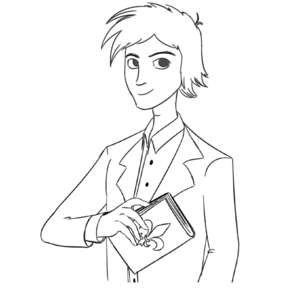
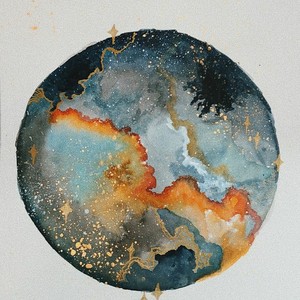
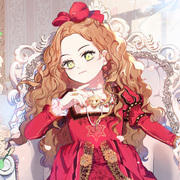
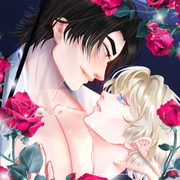
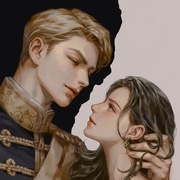
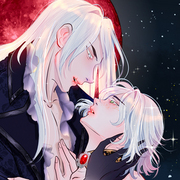
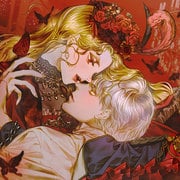
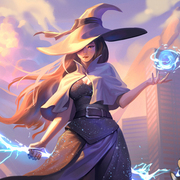

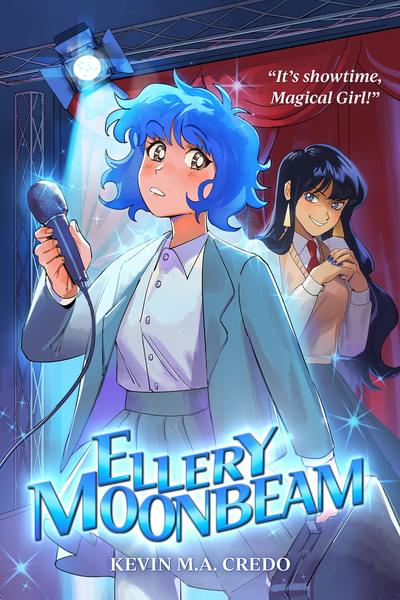
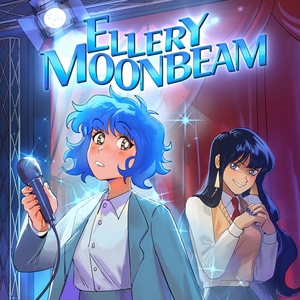
Comments (1)
See all